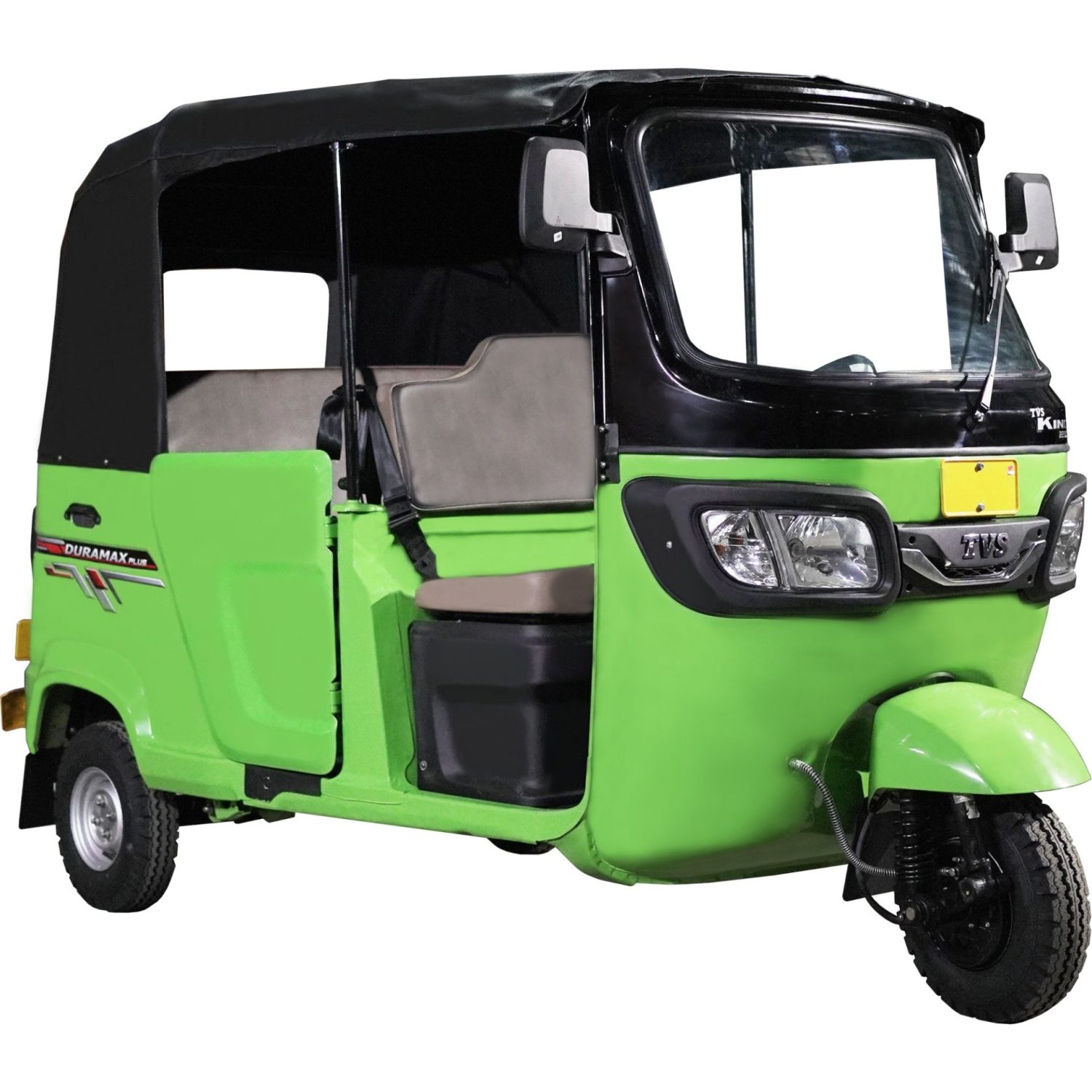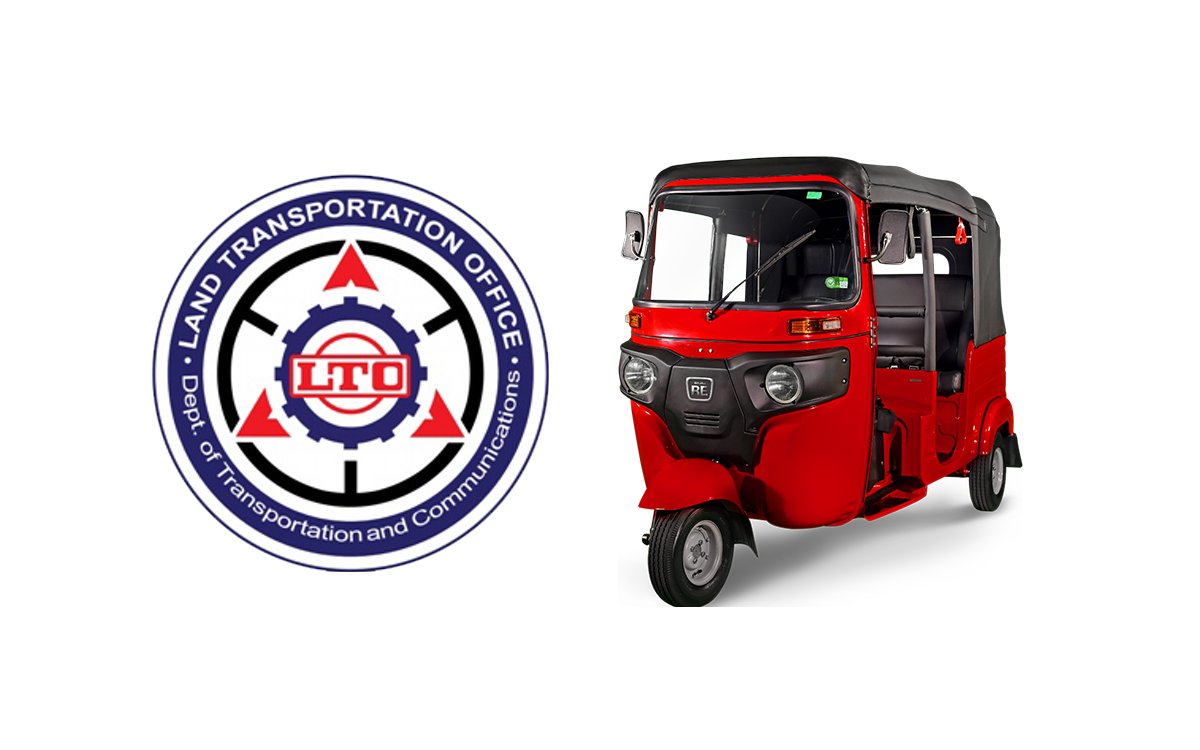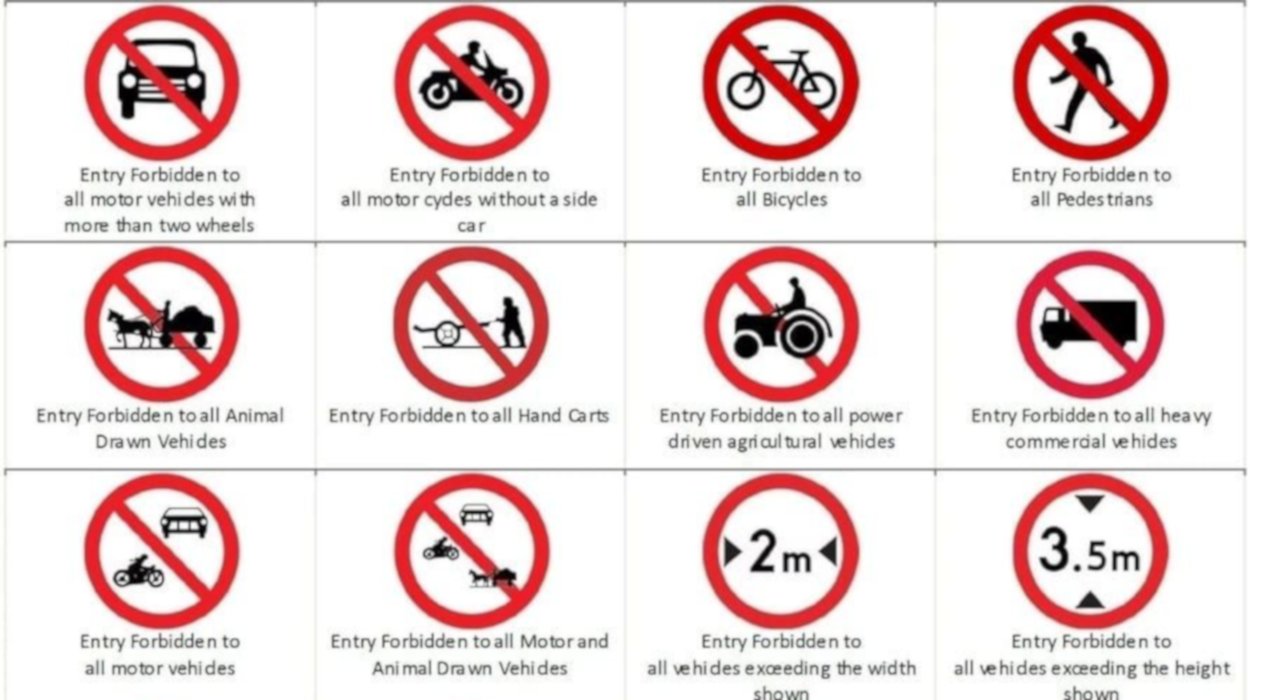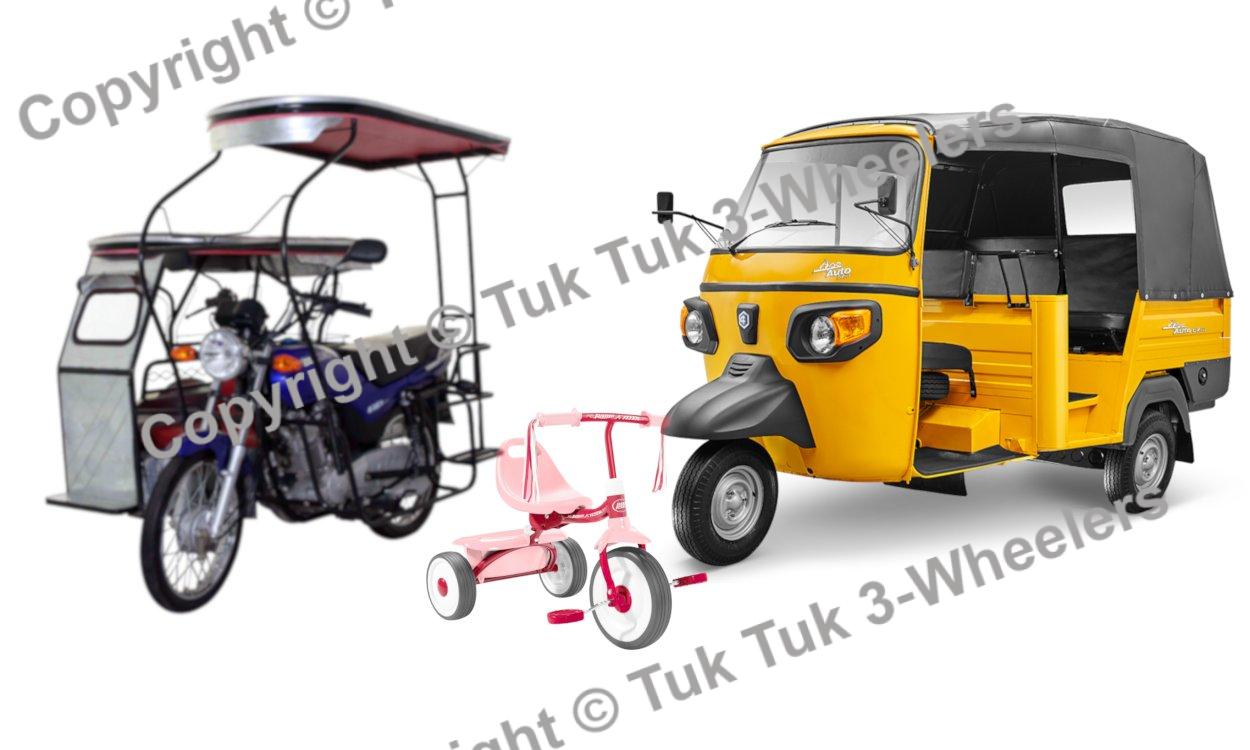Three wheelers on national highways Philippines
In recent times, there have been claims circulating that three-wheelers, such as the TVS King, Bajaj RE, and Piaggio Ape, are banned in certain areas and bajaj re bawal sa highway.However, it is crucial to separate fact from hearsay and examine the actual laws and regulations pertaining to Three-Wheelers on National Highways. This article aims to debunk the claim that three-wheelers are banned by shedding light on the legal framework governing their operation.
Understanding the Law on Three-Wheelers on National Highways:
To clarify the situation, it is essential to turn to the relevant legal provisions that govern three-wheelers in the Philippines. As previously discussed, three-wheelers are not classified as tricycles under Philippine law, which refers to motorcycles with sidecars used for hire. Instead, three-wheelers like the TVS King, Bajaj RE, and Piaggio Ape fall into a separate category.
National Highway Travel:
Contrary to claims of a blanket ban, private use three-wheelers are allowed to travel on national highways, provided they meet certain requirements outlined in the Land Transportation and Traffic Code (Republic Act No. 4136). These requirements include vehicle registration, compliance with safety regulations, and possession of a valid driver’s license by the operator.
Misinterpretation and Hearsay: Three-Wheelers on National Highways
The misconception that three-wheelers are banned likely arises from misunderstandings or hearsay. It is crucial to approach such claims with skepticism and rely on accurate information from official sources rather than relying solely on anecdotal evidence or rumors. The dissemination of misinformation can lead to unnecessary confusion and unnecessary restrictions on legitimate transportation options.
In the Philippines, three-wheelers like the TVS King, Bajaj RE, and Piaggio Ape are commonly seen on the roads. However, there are important distinctions to be made regarding their classification, usage, and legal implications. This fact-check article aims to clarify these aspects, including the difference between private use and for-hire vehicles, as well as the relevance of the Vienna Convention on Road Signs and Signals.
Classification of Three-Wheelers:
Contrary to popular belief, three-wheelers such as the TVS King, Bajaj RE, and Piaggio Ape are not considered tricycles under Philippine law. The law defines a tricycle as a motorcycle with a sidecar that is used for hire. These three-wheelers, on the other hand, are not motorcycles and do not have sidecars.
Private Use vs. For-Hire Vehicles: Three-Wheelers on National Highways:
The distinction between private use and for-hire vehicles is essential when discussing three-wheelers on Philippine national highways. Private use refers to individuals owning and operating these vehicles for personal transportation purposes. In contrast, for-hire vehicles are those used as public transportation and are available for passengers to hire.
Having a OR/CR with private on it does not make it private if you are using it for hire. It just means you are breaking the law by not registering it correctly.
For-hire three-wheelers, however, need to obtain a franchise from the appropriate government agency, typically the Land Transportation Franchising and Regulatory Board (LTFRB). This franchise ensures that the vehicle and its operator meet specific requirements, including safety measures, fare regulations, and passenger insurance.
Vienna Convention on Road Signs and Signals: Three-Wheelers on National Highways:
The Philippines, as a signatory to the Vienna Convention on Road Signs and Signals, has adopted and implemented the principles and guidelines set forth by the convention. The convention governs road traffic signs and signals, including prohibitory signs.
According to the convention, when a specific road or area is prohibited for a certain type of vehicle, a prohibited road sign should be displayed to notify drivers. This applies to all vehicles, including three-wheelers like the TVS King, Bajaj RE, and Piaggio Ape. The Philippine government, in compliance with the convention, ensures that proper road signs are used to indicate areas where these vehicles are prohibited.
Conclusion: Three-wheelers such as the TVS King, Bajaj RE, and Piaggio Ape are distinct from tricycles as defined by Philippine law. The classification as private use or for-hire vehicles plays a significant role in determining the regulations they must adhere to, including their eligibility to travel on national highways. The Philippines being a signatory to the Vienna Convention on Road Signs and Signals reinforces the importance of using appropriate road signs to indicate prohibited areas for these vehicles. Understanding these distinctions will help promote safer and more informed use of three-wheelers on Philippine roads.
How to Appeal a Ticket
If you believe you have been given a traffic violation incorrectly for using a three-wheeler on national highways, there are several steps you can take to address the situation. Here’s a guide on what you can do:
- Gather evidence: Collect any evidence that supports your claim of using the three-wheeler in accordance with the law. This may include photographs, documents, or witnesses who can testify to the legality of your vehicle and its operation on national highways.
- Understand the specific violation: Review the traffic violation ticket or citation and understand the exact violation you are being charged with. Familiarize yourself with the relevant laws and regulations that pertain to three-wheelers on national highways in the Philippines.
- Consult with legal experts: Seek advice from legal professionals, such as traffic lawyers or legal aid services, who can provide guidance on the specific steps to take. They can help assess the validity of the traffic violation and guide you through the legal process.
- Contact the issuing authority: Reach out to the issuing authority, usually the traffic enforcement agency or local traffic office, to discuss the situation. Present your evidence and calmly explain your position. Request a review or clarification of the violation, providing any pertinent information that supports your case.
- File an appeal: If the issuing authority does not resolve the issue to your satisfaction, you may need to file an official appeal. Follow the proper procedure outlined by the authority, which typically involves submitting a formal appeal letter, supporting documents, and any required fees. Consult legal professionals to ensure your appeal is properly prepared and submitted within the designated timeframe.
- Attend hearings: If your appeal is accepted, you may be required to attend hearings to present your case. Prepare your arguments, bring supporting evidence, and be respectful throughout the process.
- Seek assistance from relevant organizations: Depending on the situation, you may also consider reaching out to traffic advocacy groups, or relevant transportation authorities for assistance. They may be able to provide guidance, advocate on your behalf, or offer additional resources.
Remember to remain calm, respectful, and cooperative when dealing with authorities throughout the process. It is crucial to rely on accurate information, legal expertise, and official channels to resolve the situation effectively.

Q: Are three-wheelers allowed on national highways in the Philippines?
A: Yes, privately-owned three-wheelers are allowed to travel on national highways in the Philippines.
Q: What are the regulations and restrictions for three-wheelers on national highways?
A: Three-wheelers must comply with all relevant traffic laws and regulations, including proper licensing, vehicle registration, and safety requirements. They should also adhere to speed limits and exercise caution while sharing the road with other vehicles.
Q: Are there any specific guidelines or restrictions for three-wheelers on national highways?
A: There are no specific guidelines or restrictions exclusively for three-wheelers on national highways. They are expected to travel safely and follow the general laws applicable to all vehicles.
Q: Can three-wheelers operate for hire on national highways?
A: No, for-hire-operated three-wheelers are not allowed on national highways. They are restricted to local roads and city streets.
Q: How can I identify a national highway?
A: Legally National highways in the Philippines should be marked with road signs indicating their status as national highways. These signs should display the national highway number. However, the authorities do not stick to this and just expect people to know. This is why it is important they follow the Vienna Convention on Road Signs and Signals.
Q: Can three-wheelers be used for long-distance travel on national highways?
A: Yes, privately-owned three-wheelers can be used for long-distance travel on national highways. However, it is important to ensure that the vehicle is in good condition and capable of withstanding the demands of long journeys.
Q: Are there any safety precautions to consider when traveling on national highways with a three-wheeler?
A: Yes, it is advisable to take necessary safety precautions when travelling on national highways with a three-wheeler. This includes wearing appropriate safety gear, obeying traffic rules, maintaining a safe speed, and exercising caution while manoeuvring and interacting with other vehicles on the road.
Q: What are the cars with 3 wheels called?
A: They are called cars. As the first ever car had three wheels they have more claim to be called cars than a four-wheeled car. Cars with three wheels are commonly known as “three-wheelers”. They are vehicles that typically have one wheel in the front and two wheels in the rear, or vice versa. Three-wheelers come in various forms and designs, including passenger cars, utility vehicles, and recreational vehicles. They are often used for personal transportation or specific purposes in different parts of the world.





